January 14, 2018, we are continuing our look at the foreign entrepreneurs of Croatia and hopefully bringing you some inspiration for the new year. This week we introduce you to Maria Mustapić and Korana Bučić from Sydney, who moved to Split to open a hostel and now have a small empire. One of the incredible success stories of two powerhouse women and it all started with an innocent comment from a friend...
Now, it is impossible that we write a series on the foreign entrepreneurs of Croatia without mentioning two very special people – Maria Mustapić and Korana Bučić. Even though we have written about them before, their story still deserves to be highlighted again, with more than 10 years' experience in business in Croatia, these two ladies are a shining beacon of entrepreneurship, courage, hard work and above all – persistence.
If you live in or even if you have only visited Split, chances are you have heard about or come into contact with Maria and Korana’s influence one way or another – most likely by dining, drinking or sleeping in one of their businesses. More than 10 years ago, they opened the first hostel in Split (Split Hostel Booze ‘N’ Snooze) which was followed by another hostel (Split Hostel – Fiesta Siesta), Charlie’s backpacker bar, Brasserie on 7 – a casual café for breakfast and lunch which transforms into upscale dining by night and a well-known gourmet and wine hotspot – Zinfandel (which has even won world awards for its wine list). Fair to say these women now run a small empire, yet nothing was handed to them on a silver platter, these ladies did it the old-fashioned way – through hard work, grit, determination and a little naivety actually went a long way.
First and foremost, why Croatia?
M: We both had family roots in Croatia. After visiting Split on a trip around Europe, I randomly bumped into a friend on the Riva who mentioned that Split was in dire need of a hostel. After some travel, we returned to Australia before making the decision to move to Croatia and open a hostel.
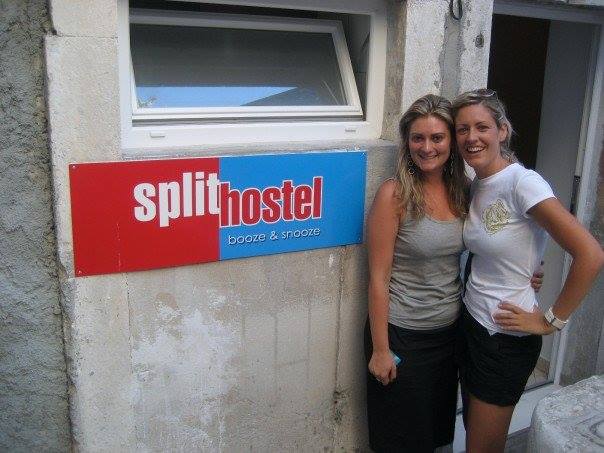
The beginnings...
What were some of the differences in your expectations of running a business in Croatia vs the reality?
K: At 23 and 24, we had zero expectations for entering into business in Croatia – thank god! I think our cluelessness actually helped us, we had zero expectations, so we just had to keep rolling with the punches. Looking back now, I can’t believe some of the things we went through but we just kept taking it one day at a time.
M: I mean, there were so many things that happened, like locals being upset about us opening a hostel and how busy we were – which led to them taking our hostel signs and greeting OUR guests at the bus station. But like Korana said, we just took it all in our stride. We were everything in the beginning, we worked the desk, cleaned, did the marketing… we were even sleeping in the hostel at the time with the guests! It sounds crazy but these were actually some of our best times and memories. Our hostel was FULL all the time, if we had known it would go so well and had a larger capacity, we would probably be retired right now!
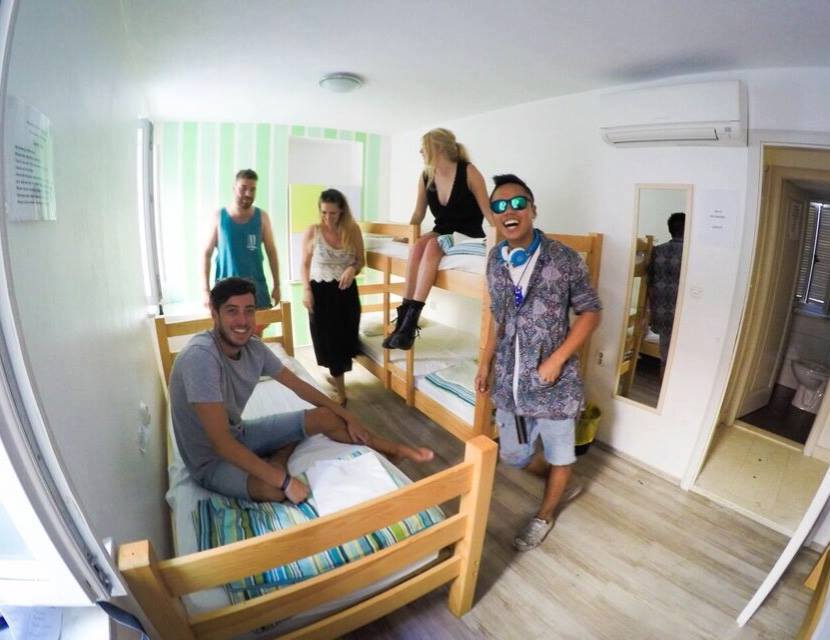
What, (if any) bureaucratical issues have you encountered and how have you overcome them?
K & M: Too many to go into, but…
M: One of the most difficult things at the beginning was the fact that there were no black and white answers, even after visiting officials. Especially because at the time there was no classification for hostels, no one knew what a hostel was. So, while we were eventually given permission, inspections were a constant and they would always find something – like not enough desks, chairs, coat hangers… it was frustrating but you learn to choose your battles.
K: You never really know if what you are doing is correct which is just a scary feeling in general. Once you learn the system (as best you can), it gets easier but basically, we learned that you have to be persistent and keep working.
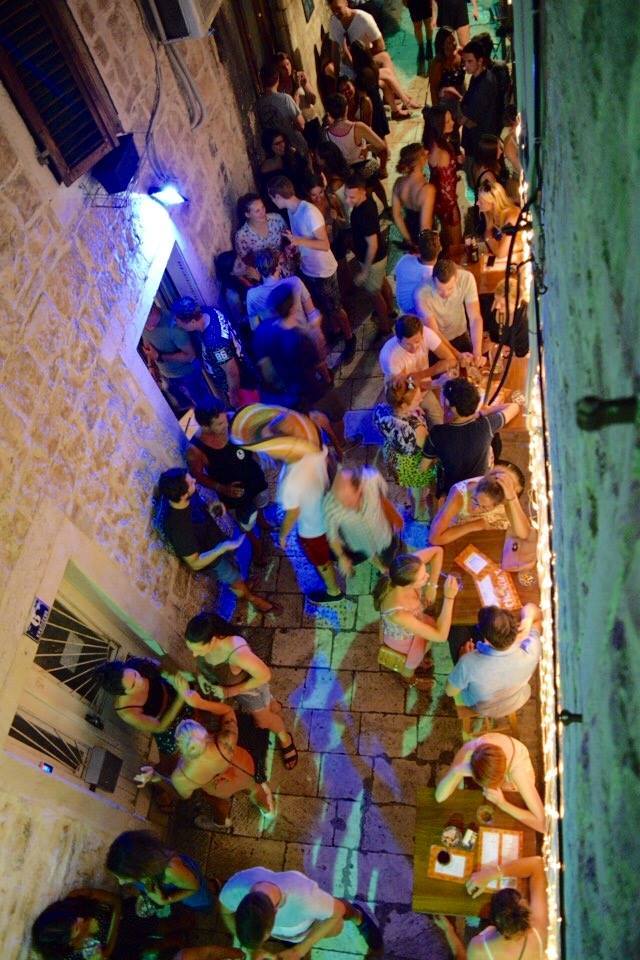
Outside the busy backpacker's bar - Charlie's.
How are your businesses perceived in the Croatian Market?
As we said, locals weren’t thrilled when we opened a hostel, just like they were confused when we opened a Brasserie on the Riva which operated as a café during the day and upscale dining in the evening – because the Riva was traditionally where you had your coffee and Croatians had a hang-up of not eating where you drink your coffee. But, eventually, they came around and, as you can see now there are other restaurants on the Riva. Zinfandel was the one that really surprised us, we had a lot of support from locals which was something new for us considering our main market had always been tourists – I guess people were ready for and wanting something new besides a typical Konoba menu.
Regardless of opinions, we persevered, focused on our product and people and now we are really proud of the team we have. The gastronomy scene in Split has also improved vastly over the last few years and we would like to think we have had a small hand in this.
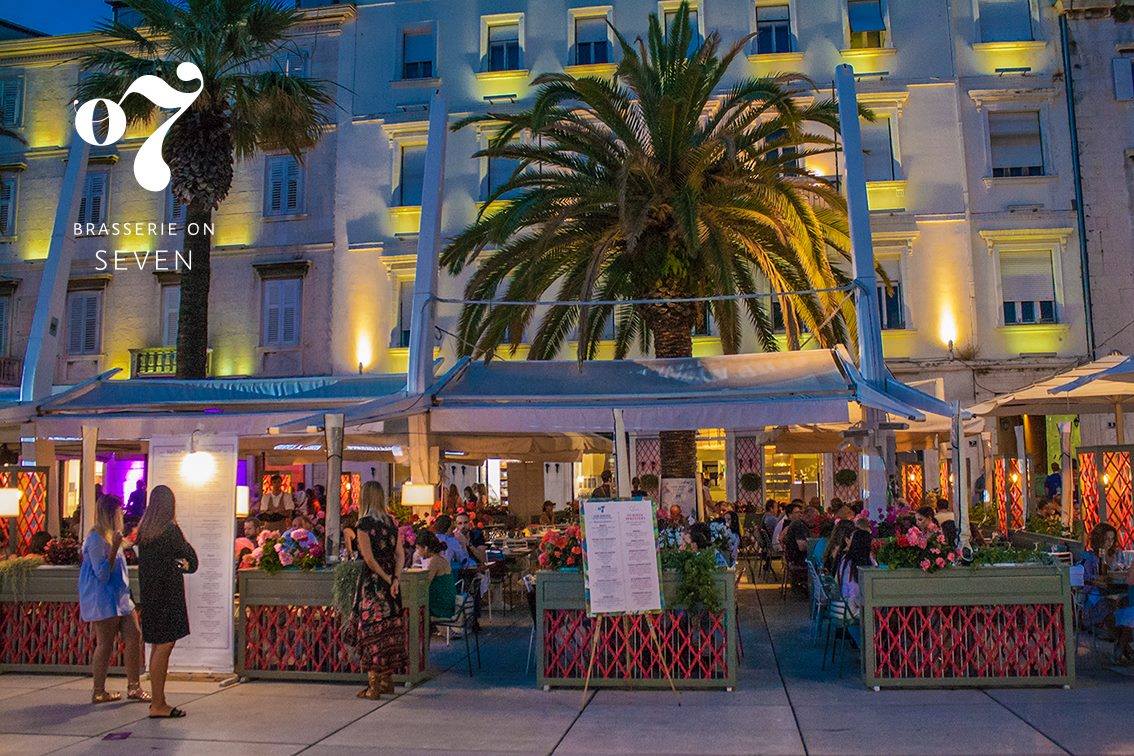
Brasserie on 7, on the Riva
What are some of the greatest challenges you have faced in business in Croatia?
Bureaucracy as we already mentioned – nothing is black and white; laws and regulations change regularly and often they are still open to interpretation.
Staff, the climate for customer service is very different in Croatia compared to Australia. It has been hard to find and keep good staff, especially at the hostels, turnover is really high but we guess this is the case with hostels in general. But, over the years, we have really worked on this and we are proud of the training we invest in our staff, for example, we are helping Diana from Zinfandel to get her Master of Wine [note: there are only 396 people in the world with their MOW, 124 of whom are women and there is currently only ONE Master of Wine with a Croatian Address]. We have also had team members go to Zagreb and even France to further their training and experience. People are key.
Personal Challenges, you will find these anywhere in the world; we were lucky that we understood the language, even though we had a long way to come in terms of speaking, especially in regards to business vocabulary but thankfully we had help from family and friends. In business, we were so young when we started out, we learned everything as we went along, so we definitely faced challenges in relation to management issues – interpersonal relationships, problem management etc.
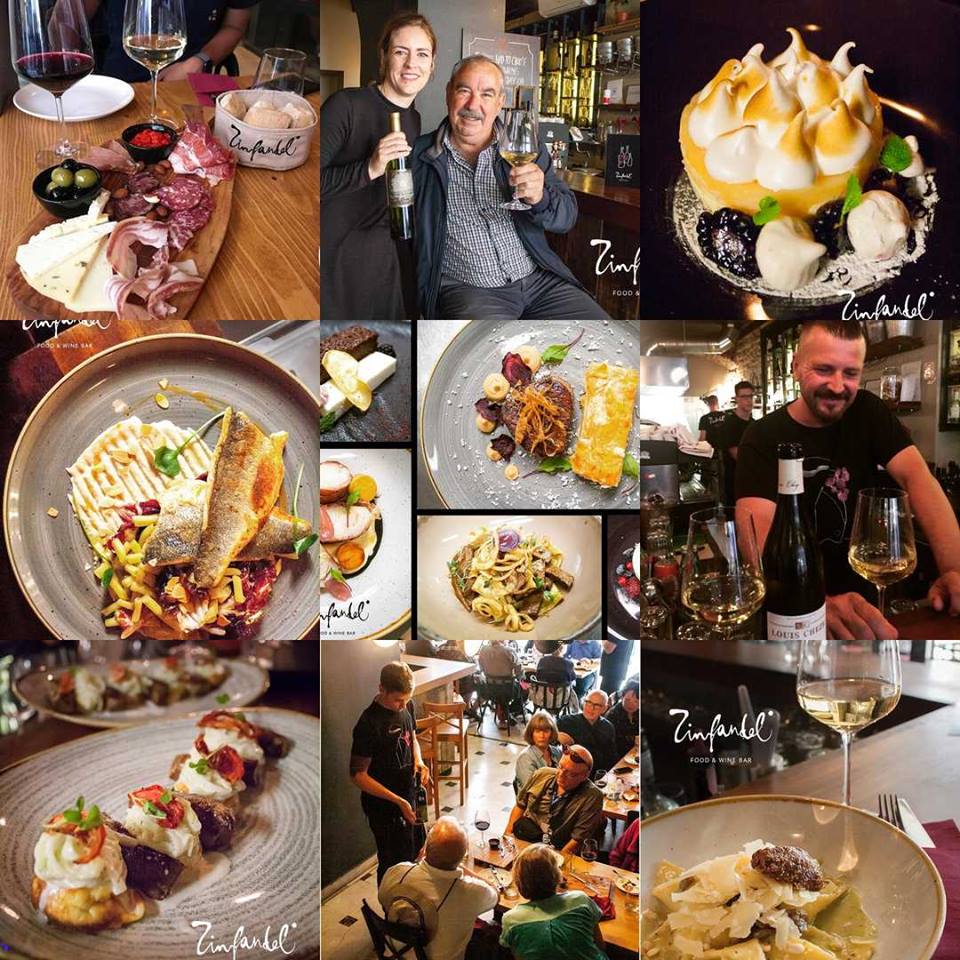
If you knew then what you know now, would you have come?
K: Yes, but… we’re kinda glad we didn’t know it all... It’s been a hard road but life can be hard.
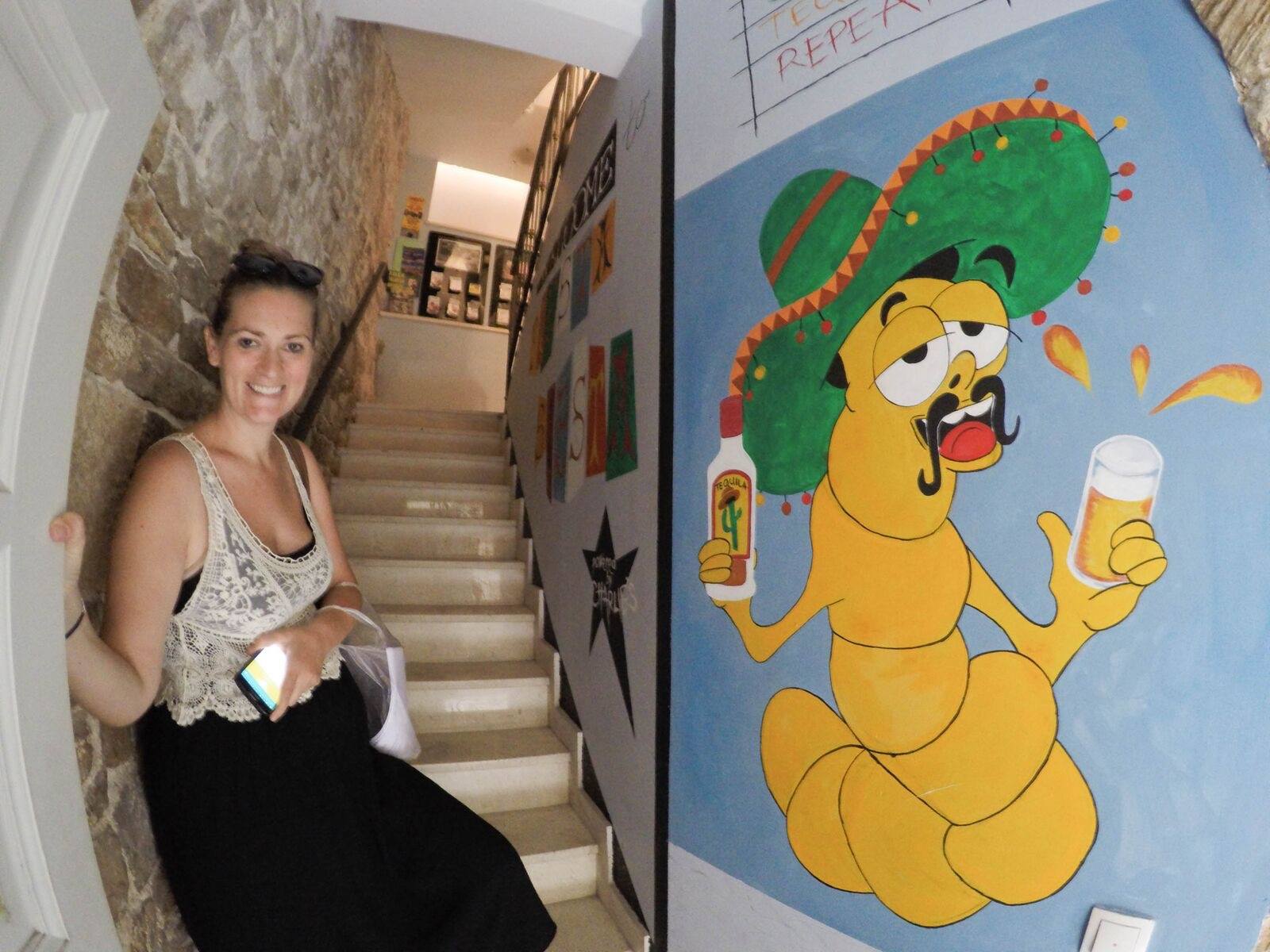
How is it working with Croatians in terms of business mentality?
M: Dalmatia is very specific compared to Istria or Zagreb, there are issues we face here, that we can’t imagine facing anywhere else. There can be a deep stubbornness and unwillingness to bend or try a new approach. For example, there are some suppliers we have used who refuse to deliver our products to us, we have to pick it up from the bus stop – which can mean hiking across old town in the heat or waiting at a ridiculous hour to collect our order. This really is unacceptable and almost laughable. In business, globalisation can be a good thing, it opens minds, allows people to follow trends and improve upon systems. Dalmatia is not quite there yet but it is slowly improving…
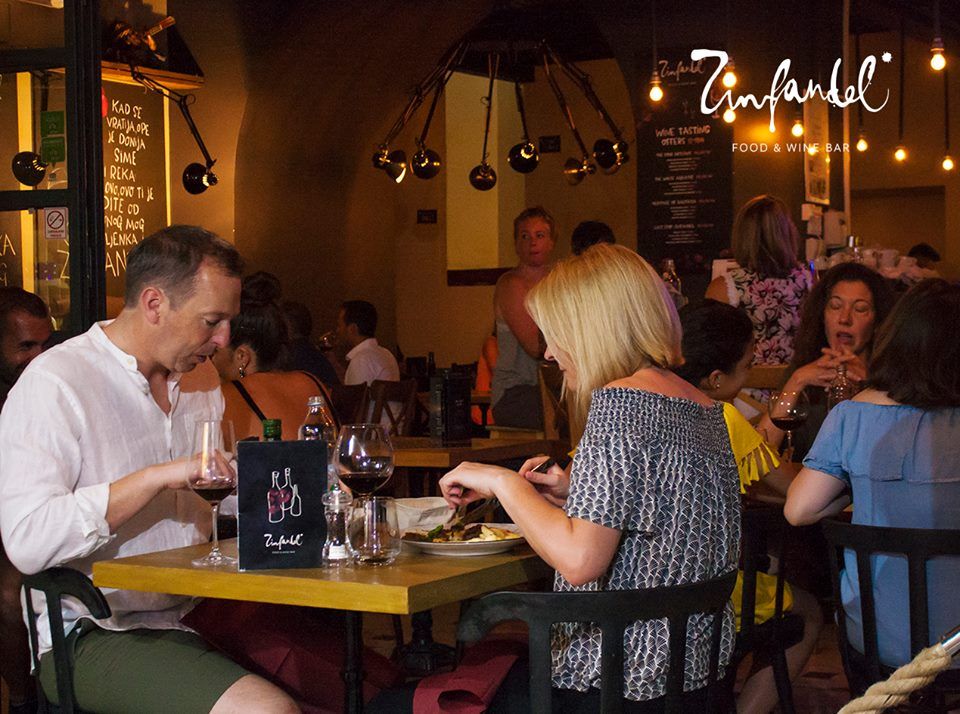
What are 3 things you love about Croatia?
M and K easily agreed on these 3 things:
- Quality of life: income may be less in Croatia but you can’t buy the quality of life we have here.
- Everyday things: you don’t need to consciously make an effort to eat healthy in Croatia, it comes naturally, there is less processed food, we shop at the local markets and eat what is in season – something that has been lost in the West. There is also a lot less consumerism, we are happy with less. Even something so small as being able to walk around old town rather than dealing with chaotic traffic like in Sydney, makes a big difference.
- The culture: Croatia really has a beautiful culture, we love the traditions, Christmas and just how family orientated it is.
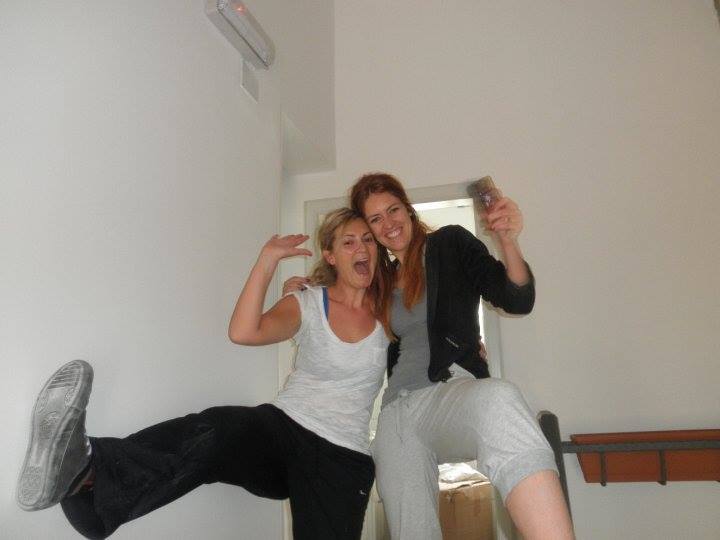
What are 3 things you would like to see improved in the business climate in Croatia?
- Administration, bureaucracy really needs to be decentralised; in terms of business, Dalmatia is very specific, we need more focus on improving the regions and the challenges each faces.
- Croatia really needs to move towards 365 tourism.
- The economic situation all around; wages are very low, people have a quality of life in terms of nature, pace etc. but life can still be challenging, especially if you are on minimum wage – this equates to less disposable income which affects all businesses.
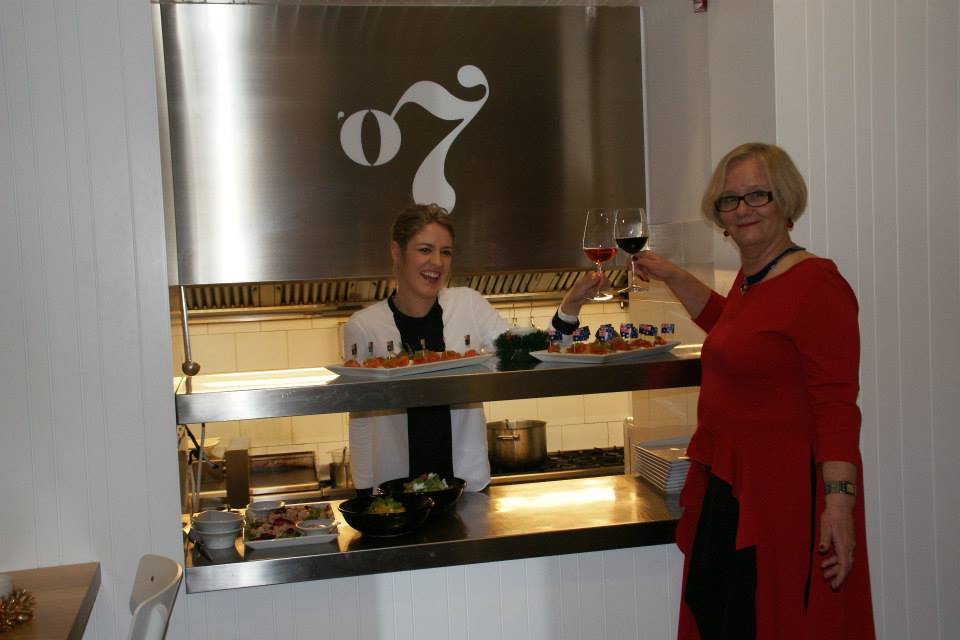
Advice for foreign entrepreneurs thinking of coming to Croatia?
M: Be persistent, we keep saying it but it’s true. We just kept pushing and eventually, we would get the right answer or permission we needed because they realised that we weren’t going away. And, forget what you know about how business should work (harder if you have had a business elsewhere), some things you just need to accept and learn how to make the system work for you.
K: “No” doesn’t necessarily mean “No”. Keep pushing, don’t accept the first “no” or setbacks, you just need to figure out how to turn that “no” into a “YES”!
Oh, and don’t get involved in politics [government or otherwise]! We have always just done our thing, kept our heads down, worked hard and we think this has really helped us. Being on the Riva changed this slightly but that is a whole other story…
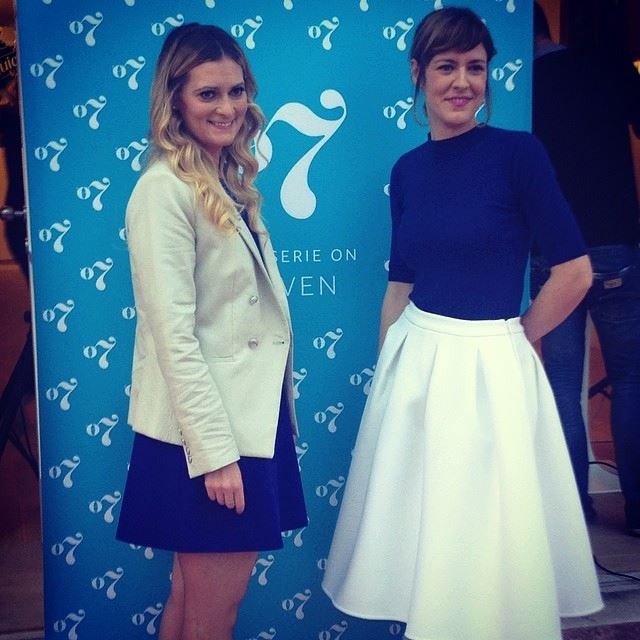
Summing up
Maria and Korana truly are a genuine inspiration for budding entrepreneurs – locals and foreigners alike. From the wide-eyed, 20-somethings they arrived as, to the strong, confident (yet incredibly humble) successful businesswomen, best friends and mothers that they are today. Their story is novel-worthy and they both stand as proof of what is possible with vision, hard work and determination. Proud to call these ladies friends, bravo Maria and Korana!
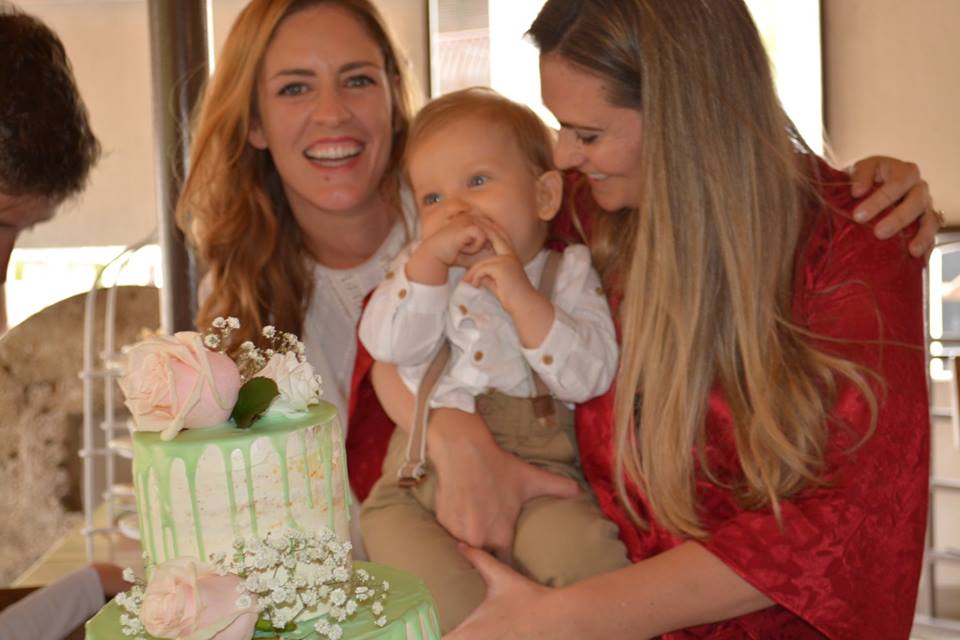
So, to anyone who has a business idea but has doubts – read this story, pick yourself up and keep pushing.
If you are lucky enough to be in Split on Wednesday 17th January 2018, you can attend a talk by Maria Mustapić at the 3rd SplitBiz meetup at Saltwater Workspace in the heart of Split, at 7 pm. 'Follow the journey from the first hostel opening in 2006, a salad bar on pjaca (2008-09) the backpacker bar (2013) and restaurants (2014 and 2016). Learn how to find and keep the best team, create a culture of delivering excellent customer service (with tips any business can use) and how they reward their staff – from training trips abroad to Master of Wine certifications. You'll hear about operating a business in Split, how important the right staff are (and how this has changed in Split over the past decade) ... and other interesting stories along the way, like the donkey and the black stallion. But really, how important the right staff are - and why! Find more information here.
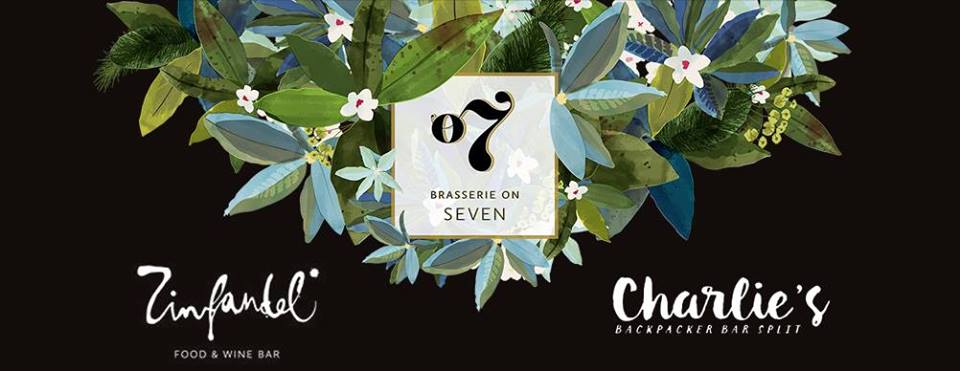
All photos provided by Maria and Korana, and official business pages.


